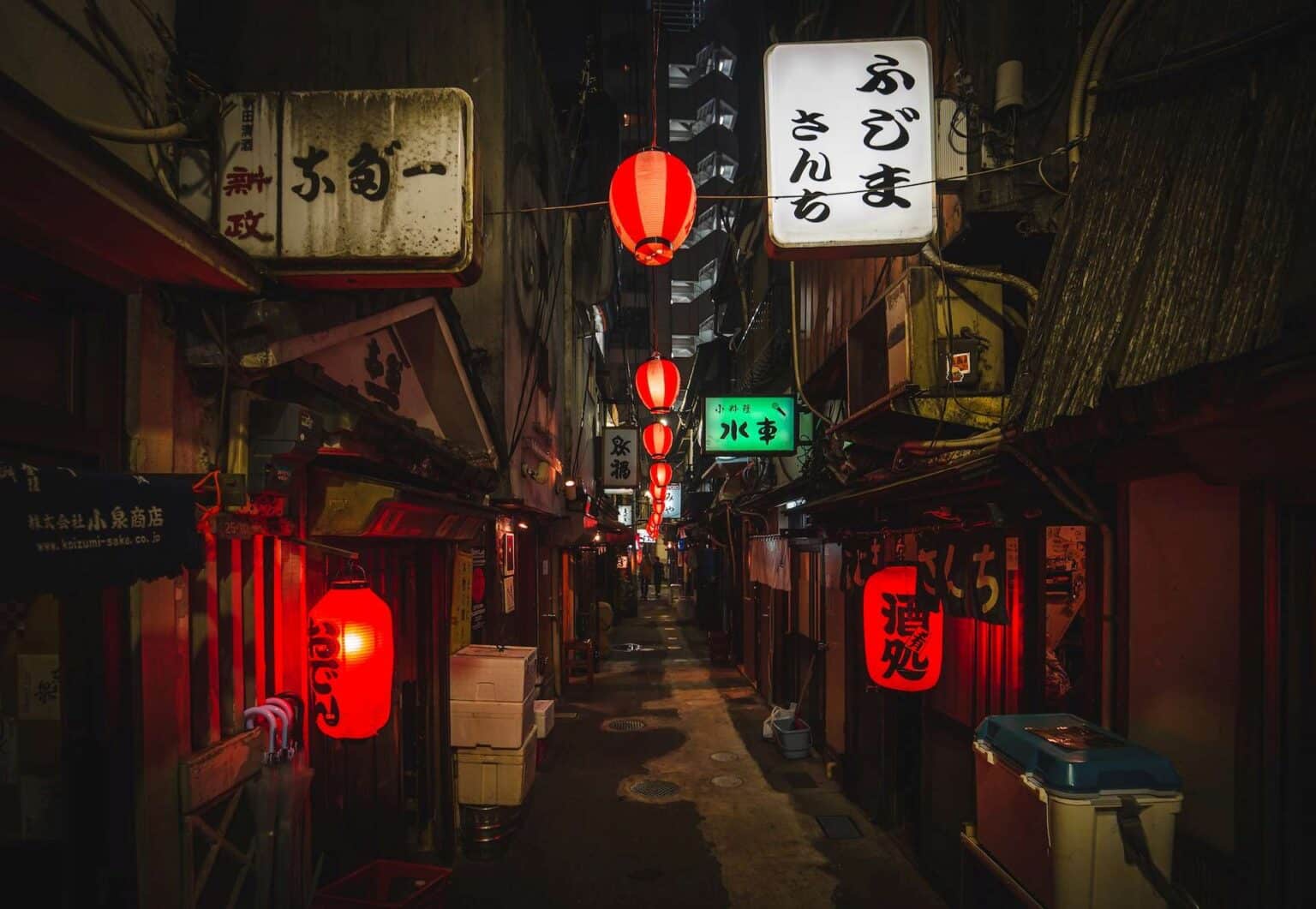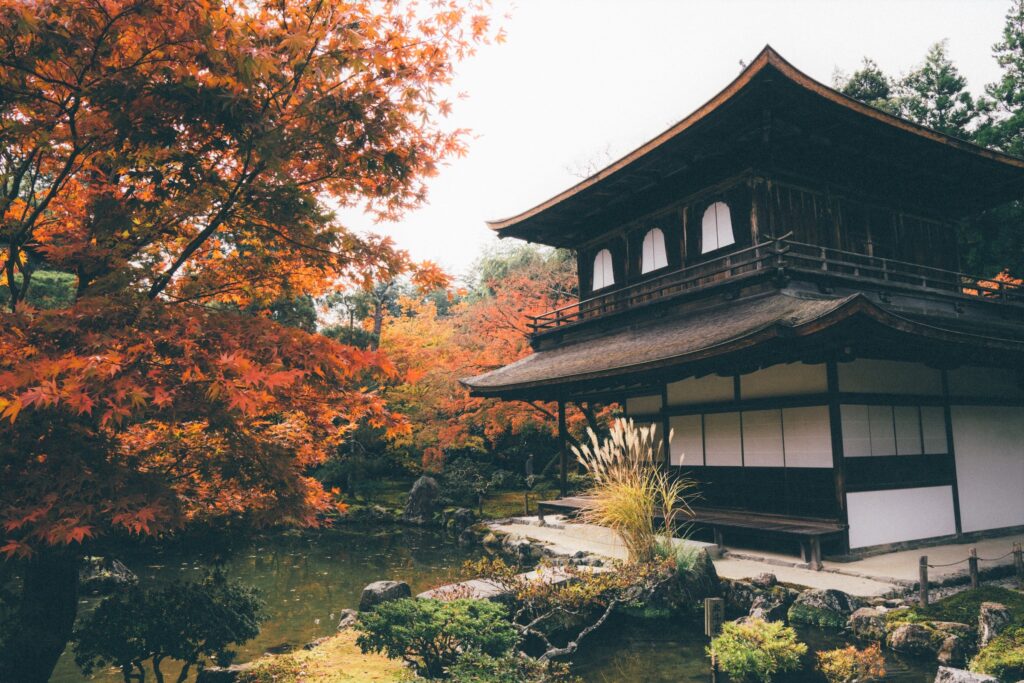Quick selection
-
An important question
-
Japanese crime
-
— Violent crime
-
— Petty crime
-
Safety in rural areas
-
Natural disasters
-
Individual groups
-
— Is Japan safe for tourists/foreigners?
-
— Is Japan safe for female travellers?
An important question
If you ever find yourself dreaming of or planning a trip to Japan, numerous questions inevitably pop into your mind about this wonderful yet mysterious country; one that I want to cover today is the often burning question of, ‘is Japan safe?’
Sure enough, as a preliminary answer; if you were to ask google “what is the safest country in the world” Japan will often appear within at least the top ten position of multiple travel publications. While these may be reassuring, they don’t really go into details of why this is the case or explore things that you should be aware of — this is where this post comes in and the kind of questions I aim to cover.
Japanese crime
One major discussion point when talking about how safe somewhere is references the level and types of crime that occur within it. To be frank, nowhere is entirely devoid of crime, yet the chances of getting caught up in some within Japan is reassuringly low, especially if we compare its levels to those found in other countries – which of course we’re going to do.
Violent crime
Starting off with perhaps the most worrying forms of crime such as knife crime, muggings, assault etc; it’s a fairly rare occurrence in Japan. According to Statista, in 2021 there were 21.1 cases of assault and 0.7 cases of murder per 100,000 people. If we use the population of greater Tokyo as a reference — roughly 37 million people — then we can estimate based on those numbers that around 7,807 assaults took place and 259 murders occurred for the entire year. That’s 0.02% percent and 0.0007% respectively according to population.
As promised, if we look at similar cases in the UK for example: according to both Statista and the Crime Survey for England and Wales (CSEW section 6), there were roughly 2.1 million recorded cases of violence in the year 2021 -2022. In light of fairness, due to the UK having a population of 67 million lets half that number to get somewhere equivalent to our Tokyo population example, which comes in at around 1.05 million.
There is clearly a huge difference in numbers here, however, there are likely other things going on behind these numbers to take into consideration, such as how crimes are recorded and what’s included in them. Yet amongst this general consensus, it shows an exceptionally high level of crime safety in Japan compared to other countries in the world.

Bastian Herre, Fiona Spooner and Max Roser (2013) – “Homicides”. Published online at OurWorldInData.org. Retrieved from: ‘https://ourworldindata.org/hom icides’ [Online Resource]
Petty crime
The prospect of falling victim to petty crimes in Japan such as theft and burglary is less worrying, but they still have the potential to ruin a trip if encountered.
You may have heard about how honest the Japanese people are, or the social experiments where people dropped their wallets in the street and every time they would be handed into the police and so on. By and large, these are not misconceptions and represent a large portion of Japanese society, however let’s look at some numbers.
Continuing around the same period, according to the Japanese National Police Agency, (pdf page 11) in 2021 there were 381,769 recorded cases of theft. The UK in comparison recorded 2.6 million cases in the year ending September 2022. According to CSEW (section 8)
Again these numbers should be taken with a pinch of salt as these are only reported thefts, true figures could be much higher in both cases.
The threat of theft should be something that you are aware of but unlike most other countries merely remaining aware and alert to your surroundings is enough to prevent many cases even happening. After all, the stories of leaving your belongings on a restaurant table and visiting the loo only to return to find that everything is still there is actually commonplace.
Safety in rural areas
Most of what has been mentioned up until now applies mostly in major cities and urban areas. Crime in the rural areas of Japan are even more exceptionally rare, however, there is something else to be aware of if we are talking about how safe Japan is — bears.
Yes, Japan is a nation home to a fairly large bear population (estimated to be around ten thousand) and so if you intend to venture away from built up areas, especially in the Hokkaido region, this is something you need to be aware of. It has been reported lately that bear attacks — especially in Hokkaido — have actually been increasing, yet they are still relatively low in number.
In an average year you can expect to find perhaps 1 or 2 deaths and around 100 – 150 injuries due to bear attacks. While being on the receiving end of a Japanese black bear encounter is less than ideal, that are multiple ways of staying safe.
- Ideally travel in a group.
- Make lots of noise either by talking loudly, clapping, bringing whistles etc.
- Always carry a certified bear spray.
- Keep up to date with notices and bear notification sites and apps.
Travelling around Japan’s rural areas, exploring the countryside, and generally exploring remote and hidden locations is high on the list of things to do for many travellers. In fact, it’s highly encouraged to do so, as such, I wouldn’t let the threat of bear attacks put you off as they are very infrequent — just be sure to take some precautions and follow the advice.

Natural disasters
Another consideration regarding the safety of Japan and a worry that many share, is the occurrence of natural disasters. For the most part it is earthquakes that pose the biggest threat, but typhoons, subsequent tsunami, and even volcanic eruptions are a possibility in this highly seismic country.
What may surprise you is that earthquakes occur daily in Japan but many are barely felt at all, even the ones that are felt are often nothing to worry about – although they can certainly be worrying at first. Japan as a country has become very accustomed to earthquakes and has adapted and implemented countless systems and measures to combat and negate their effects. Buildings by law are required to have anti-earthquake measures, train tracks have movement detection, and country-wide early warning systems are constantly monitored for their signs.
In terms of numbers, despite multiple large magnitude 5+ earthquakes per year only a very small number of the population are injured or killed. An average of around 200 people die each year due to conditions resulting in earthquakes. These numbers tend to arise from the collapsing of older buildings, falling objects, and resulting landslides etc.
Despite the large number of quakes the country has to endure, Japan could be the safest country in the world to be in if one were to occur.
Individual groups
Aside from general instances, I want to look at some specific problems that are often unique to specific groups of people and scenarios.
Is Japan safe for tourists/foreigners?
One thing that is specific to tourists and foreigners visiting or even living in Japan is their vulnerability to scams and tourist traps. Some are more serious than others but they can easily be avoided by having knowledge of them and being aware when out and about. They often come in two forms:
- People approach you in the street asking for help or donations.
- Picking or being coerced into shady bars and clubs in specific areas.
The first instance involves someone on the street approaching you and asking for donations, or help for a specific cause such as a charity. The people that approach you will often be dressed up in official uniforms and garments and possess “proof” of their legitimacy. This is all made up. Popular examples include disaster relief funds, orphan donations, or even a fake monk asking for religious donations.
The best thing to do in these circumstances is to walk away from these kinds of interactions.
The second instance involves tourists unknowingly visiting shady bars and clubs. The lure of cheap prices can sometimes draw in customers, but once inside are charged well over-the-top prices which can lead to threats if you refuse. Even more, some bartenders or hostess — depending on the kind of venue — will spike your drink; proceed to empty your wallet while you’re passed out; and then still produce a huge bill when you awaken.
Some cases can go even further and are perhaps the biggest problem for many visiting Japan. That being said, being aware of where you are and people around you can be enough to avoid disaster. Again anyone approaching you and offering cheap drinks is a huge red flag.
The main areas for these kinds of venues are found in Tokyo’s Kabukicho (its red light district) and a lesser extent in Roppongi. Other such areas include Osaka’s Shinsekai.
Is Japan safe for female travellers?
To be quite frank for a moment, one of Japan’s biggest problems is the actions of a portion of Japanese men towards women.
I would like to repeat at this point that for the most part Japan is perfectly safe for women with many people, both natives and tourists, saying they feel completely safe walking at night for example, or exploring the country by themselves.
The problem for women in Japan often occurs on trains and exceptionally crowded areas where groping has become a big issue. At times Japanese trains can be positively rammed, especially in Tokyo and at rush hour. During these periods when a train cart is so full, some men take the opportunity to grope women with there being very little opportunity to identify the culprit.
However there have also been more blatant instances of unwarranted advances, touching, peeping, and men exposing themselves in public.
For women, this will be the biggest question mark when considering the question ‘is Japan safe?’ and in truth is not something I can fully answer myself.
problems occur mostly in Tokyo and some of the larger cities. In a move intended to help women feel better protected, a number of women-only cars have been introduced on public transport. While it doesn’t really alleviate the problem, it has gone some way to helping women feel more at ease on busy trains.
Here is a great article to read posted by Jobs in Japan detailing the account of a woman from overseas living in Japan.
Conclusion
By now, hopefully the answer to ‘is Japan safe?’ is becoming a little clearer to understand. In a general sense the country is incredibly safe and the chances of falling victim to crime is incredibly low.
The only instance where the safety of Japan can be questioned is from the accounts of female travellers. It certainly can’t be called dangerous, but unwanted and intrusive actions can be a very uncomfortable and worrying prospect.
As I mentioned in my introduction; nowhere is utterly devoid of crime or completely safe in any regard and Japan certainly has its unique problems, however, its reputation for being one of the safest countries in the world is well-earned. No matter where you travel, even in your home country, staying a little alert is always a good habit to get into, but should you feel worried about staying safe in Japan? Not in the slightest.
Nathan




